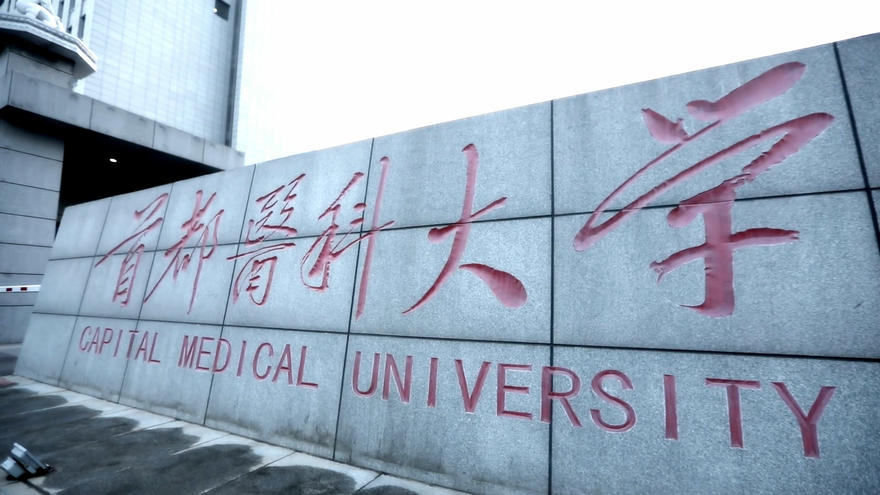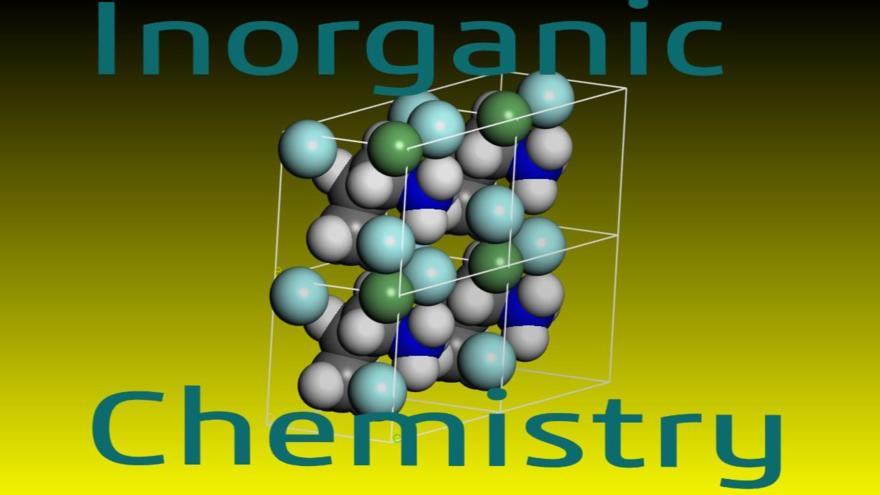
About This Course
Through the interpretation of key knowledge points and learning difficulties, students can understand the basic chemical properties of substances in terms of the basic structure of atoms and molecules, and lay a solid foundation for further study of advanced courses. In the basic knowledge of structural chemistry, based on the electronic structures of atoms and the concept of atomic orbitals, the application of valence bond theory and molecular orbital theory in the understanding of molecular structure, as well as the molecular bonding, polarity, and intermolecular interactions are discussed. In the basic knowledge of thermodynamics, on the basis of the three laws of thermodynamics, the common basic concepts of thermodynamics and its important applications in chemical researches are decomposed from the aspects of the molecular structure, energy distribution. Students will learn how to employ thermodynamic criteria to predict the direction of chemical reactions and the relevant knowledge about chemical equilibrium. Further understanding the basic principles of electrochemistry, the process of acid-base dissociation and equilibrium, and the relevant chemical calculations are also included. In the basic knowledge of kinetics, the factors affect chemical reactions, chemical reaction rate, chemical reaction mechanism, and the relationship between chemical reaction mechanism and reaction rate law are introduced based on the knowledge of elementary reactions. In the elemental chemistry section, it mainly compromises the main group element chemistry and related properties. The basic chemical properties of elements are explained based on valence electrons and the electronic configurations of atoms. The bonding characteristics, electronic structures and physical properties of typical compounds, and important chemical reactions and applications of elements are introduced.
Requirements
Students should have taken high-school chemistry, physics, and math, as well as the very basic knowledge of calculus often introduced in the first-year math courses of most universities.
Course Staff
 Prof. Dr. Chunhe Yang
Prof. Dr. Chunhe Yang
Department of Materials Science and Engineering, BJTU, China
 Prof. Dr. Kejian Ding
Prof. Dr. Kejian Ding
Chair of Internaional Joint BJTU-UW NMT Program. Department of Materials Science and Engineering, BJTU, China
 Assoc. Prof. Da Wang
Assoc. Prof. Da Wang
Department of Materials Science and Engineering, BJTU, China
Frequently Asked Questions
What web browser should I use?
The Open edX platform works best with current versions of Chrome, Edge, Firefox, Internet Explorer, or Safari.
See our list of supported browsers for the most up-to-date information.
How do I contact the instructor directly?
Send email to [email protected].




